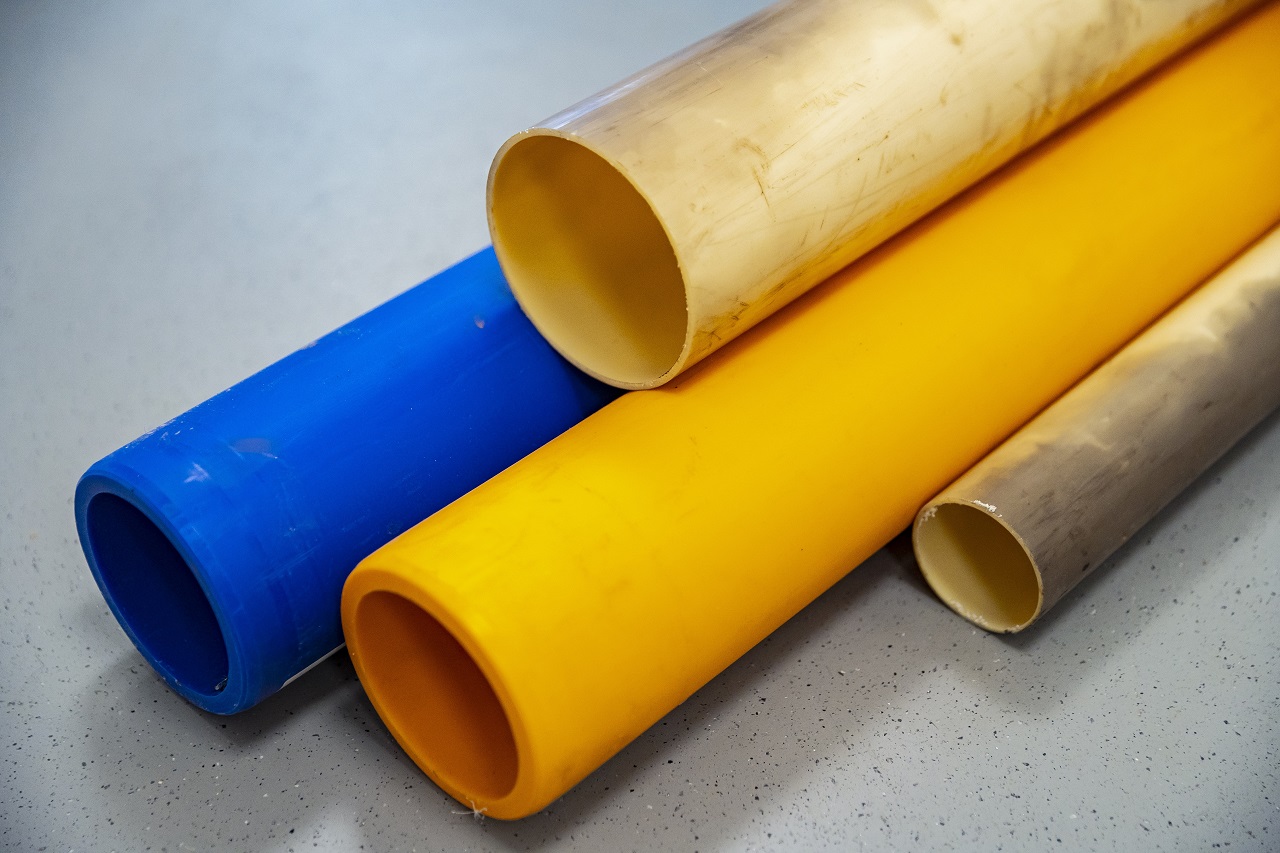Energy transition: the potential of polymers in hydrogen distribution and transport.
In order to meet the 2050 decarbonization goals, the use of hydrogen and its distribution in polymer piping systems can be a sustainable and cost-effective solution.

The energy transition is a process already in full swing, that's for sure, but achieving the decarbonization targets at 2030 and 2050 is an extremely ambitious challenge. In order to achieve these goals, hydrogen could be the key to accelerating the transition and decarbonization processes, especially in the so-called hard-to-abate processes and sectors. At the same time, however, there is the question of whether, with the progressive abandonment of resources such as oil and natural gas, there is a future for the current distribution and transport networks and what could be other viable alternatives. A possible - and promising - solution, also suitable for particularly complicated environmental conditions, could come from the use of an unexpected material: polymers, or in other words, plastics and the piping systems that derive from them.
Polymers as a sustainable (and affordable) alternative
Polymers are used for a wide range of applications, including low-pressure distribution pipes or in composite pipes (FCP and RTP) for high-pressure transport of gases and fluids. In addition to well-known oil, gas and water applications, polymers are increasingly being used to transport renewable gases such as hydrogen. Polymers are currently a material on which more and more the market is focusing its attention and obviously the evaluation of their suitability for hydrogen distribution and transport is considered crucial to ensure safe, reliable and high quality infrastructures.
All this attention is due to the characteristics of polymers, which show a good compatibility with many gases and fluids, and of polymeric piping systems, which are faster to install and require less maintenance than other alternatives. The latter turns out to be an important detail if we consider that it is increasingly common to read that one of the most complicated challenges with respect to the energy transition has to do with the additional costs compared to less sustainable solutions.
Ensure quality, safety, performance
But we should not forget, however, that infrastructures for the distribution and transport of hydrogen gas require compliance with high requirements in terms of technical and operational safety. Kiwa has been active for decades in the natural gas sector with testing, inspection and certification services and for over ten years it has been acquiring knowledge and experience in the hydrogen sector, a sector in which it can be considered a forerunner with respect to testing activities. Among the services in its portfolio, Kiwa has been offering for years pre-assessment activities and evaluations on projects, tests on material compatibility, technical and financial audits and independent verifications on safety provisions. Depending on the specific request, Kiwa is able to provide independent evaluations with respect to the permeation of the various polymeric piping components in full-scale test set-ups at elevated temperatures and different pressure levels.
In conclusion, proper material evaluations and testing can facilitate the deployment of polymer piping systems in the hydrogen transport and distribution industry. And Kiwa is available to support the market and energy transition, as a partner for progress.


